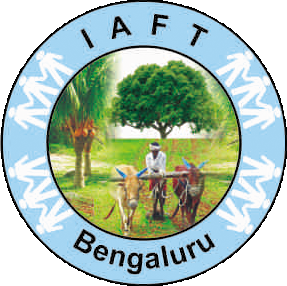In India, the National Agroforestry Policy (NAP) was launched in 2014 with the aim of promoting agroforestry practices across the country. The policy outlines the various benefits of agroforestry, including improving the livelihoods of farmers, enhancing biodiversity, reducing soil erosion, and mitigating the effects of climate change.
Some of the key components of the NAP include:
- Encouraging the integration of trees with agriculture and animal husbandry
- Promoting community-based agroforestry practices
- Fostering private sector investment in agroforestry
- Providing technical and financial support to farmers for agroforestry practices
In Karnataka, the government has taken various steps to implement the NAP and promote agroforestry in the state. Some of these measures include:
- Encouraging farmers to adopt agroforestry practices through various schemes and incentives
- Providing technical assistance and training to farmers on agroforestry practices
- Establishing community-based agroforestry projects

It is worth noting that while the NAP provides a broad framework for promoting agroforestry in India, individual states may have their own specific policies and initiatives in place to support agroforestry development.
Let us see how Karnataka is empowering farmers like giving felling permit free spices etc.
Karnataka is one of the leading states in India in promoting the empowerment of farmers and improving their livelihoods. The state government has implemented several initiatives to support farmers, including measures to promote agroforestry.
One of the ways Karnataka is empowering farmers is by providing them with felling permits for minor forest produce, such as non-timber forest produce and spices, free of charge. This allows farmers to legally harvest and sell these products, increasing their income and improving their livelihoods.
Additionally, the state government provides various training and technical assistance programs to help farmers adopt modern and sustainable agriculture practices, including agroforestry. The state also provides financial assistance to farmers for implementing agroforestry projects, helping them to establish new sources of income and reduce their dependence on traditional agriculture.
Furthermore, the state government has implemented various schemes to support the marketing and value addition of agroforestry products, such as spices and minor forest produce. These measures aim to increase the income of farmers by improving the market access and demand for their products.



